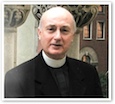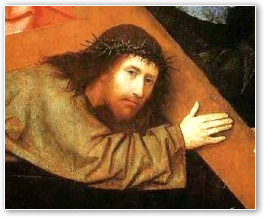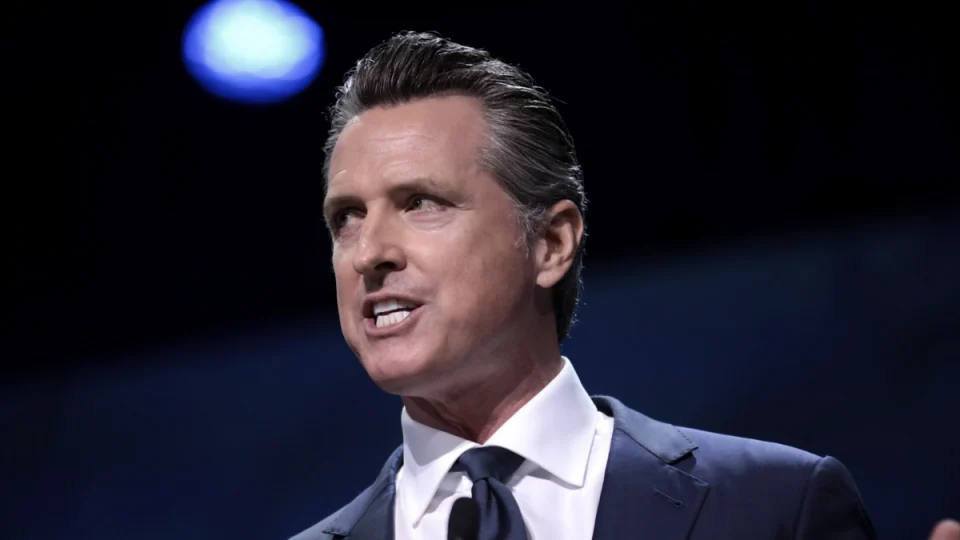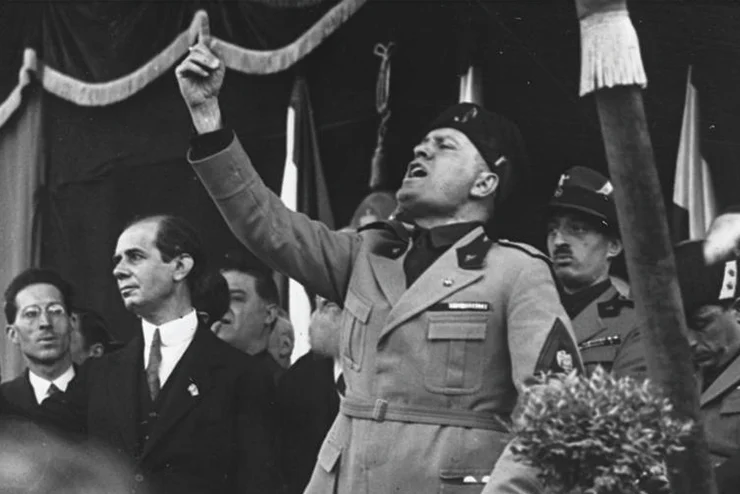Our Lord’s admonition that much will be required of those to whom much has been given, applies most vividly to us.
 We have been given so much in the way of inventions and medicine and comparative wealth, but above all in knowledge of the world around us. No king in his silken bed at Versailles knew the luxury of instant information that we have. “YouTube” gives us access to great music for which the Bourbon monarchs had to summon their court musicians, while we need only press a button on the computer.
We have been given so much in the way of inventions and medicine and comparative wealth, but above all in knowledge of the world around us. No king in his silken bed at Versailles knew the luxury of instant information that we have. “YouTube” gives us access to great music for which the Bourbon monarchs had to summon their court musicians, while we need only press a button on the computer.
I have been listening on YouTube to the choir of Saint Paul’s Cathedral in London singing the Victorian John Stainer’s setting of John 3:16: “For God so loved the world that he gave his only begotten Son so that everyone who believes in him might not perish but have everlasting life.” They are the most wondrous and mysterious words ever spoken and have to be sung, for they are a love song. A young man shyly told me that he knelt to propose marriage to the girl he loved, even though he thought she might laugh at him. But in the humility of true love, he meant what he said, and they are now married.
 God so loved the world. That means all he has created in the world. I confess that I do not yet share my Creator’s affection for all things. For instance, I do not like, let alone love, mosquitoes. Perhaps our Lord sees, through his aesthetic lens, a mathematical symmetry and power of endurance that I will only appreciate during my first years of assimilation in Purgatory. For that matter, I find it hard to like, let alone love, some of the people rambling along 34th Street at a snail’s pace, oblivious to those behind them, and speaking loudly and rudely on their cell phones. I am not God, who loves them as I try only feebly to do. He even died for them. And for me.
God so loved the world. That means all he has created in the world. I confess that I do not yet share my Creator’s affection for all things. For instance, I do not like, let alone love, mosquitoes. Perhaps our Lord sees, through his aesthetic lens, a mathematical symmetry and power of endurance that I will only appreciate during my first years of assimilation in Purgatory. For that matter, I find it hard to like, let alone love, some of the people rambling along 34th Street at a snail’s pace, oblivious to those behind them, and speaking loudly and rudely on their cell phones. I am not God, who loves them as I try only feebly to do. He even died for them. And for me.
Jesus became human, but from the perspective of heavenly glory, he might just as easily have become a mosquito. In the divine eye, humans are no more or less attractive than bugs, but God took upon himself the form of a slave (Philippians 2:7) because humans have the unique gift of reciprocating the love that made them. By reflecting that love, through worship and service, we are God’s agents in making the world into what he wants it to be.
I am not a mosquito, but that makes no difference to my Creator. In the seventeenth-century words of Samuel Crossman, now accessible on YouTube:
My song is love unknown,
My Saviour’s love to me;
Love to the loveless shown,
That they might lovely be.
O who am I,
That for my sake
My Lord should take
Frail flesh and die?







 Father George W. Rutler is the pastor of St. Michael’s church in New York City. He has written many books, including:
Father George W. Rutler is the pastor of St. Michael’s church in New York City. He has written many books, including: 

